Flexing those self-management muscles
While this pandemic just keeps going on, and especially if you’re with me in Houston, there seems to be no end right now, so trying to keep optimistic and hopeful for the future is really challenging. Is planning a complete waste of time? What can we do to stay sane and healthy? I’ve been hearing the expression that this is like a marathon, and it certainly feels like an Ultra.
More than planning per se, having, setting and committing to an intention is probably most important. We should have a destination in mind, and be flexible about how we will get there. We are having to re-plan, and re-plan, and re-plan. We have a Plan A, which turns into a Plan B, which turns into a Plan C, and you get the picture. We are having to tap into resourcefulness and move away from fear. “Fear is an incompetent teacher” says Jean-Luc Picard of the Star Trek Enterprise.
Deliberately and intentionally knowing how we want to get out of this situation and what’s important right now in keeping our focus and optimism in our line of sight. Viktor Frankl in Man’s Search for Meaning wrote that moving away from thinking about expecting and depending on directions from others, leaders, supervisors, and life, that we start to think about taking responsibility and what we can give to others. “It did not really matter what we expected from life, but rather what life expected from us. We needed to stop asking about the meaning of life, and instead to think of ourselves as those who were being questioned by life—daily and hourly...Life ultimately means taking the responsibility to find the right answer to its problems and to fulfill the tasks which it constantly sets for each individual. These tasks, and therefore the meaning of life, differ from man to man, and from moment to moment.”
Most of us can do this pretty well when the road is smooth, and really get tested when the road is long, tough, and challenging. So what do we need to tap into? I think it’s the self-management aspects of emotional intelligence: optimism, flexibility, self-control and of course empathy. Jeff Evans of Envision Global Leadership defines self-management as the ability of a leader to navigate all sorts of situations and maintain focus, level-headedness, positivity and intention.
Optimism is defined as an indicator of one’s positive attitude and outlook on life. It involves remaining hopeful and resilient, despite occasional setbacks. By resilient I mean not just bouncing back, but bouncing forward.
Flexibility is about adapting emotions, thoughts and behaviors to unfamiliar, unpredictable, and dynamic circumstances. Imagine yourself a ship having to navigate rough waters.
Self-control is the ability to resist and delay an impulse and a reaction. It’s about responding rather than reacting to a situation. It’s that time between the stimulus and the response.
Empathy is probably one of the traits that goes the furthest during this time of uncertainty and high-emotions. It’s about recognizing, understanding and appreciating how other people feel. Empathy involves being able to articulate your understanding of another’s perspective and behaving in a way that respects other’s feelings and beliefs.
Which of these powers are you having to turn up most? In a time where the collective consciousness seems to be all about fear, uncertainty and distrust, we are having to work towards finding hope and optimism, what we can control, compassion and humanity. The good news is, these are all trainable. Know which muscles you want to train, focus on it, and it will become stronger.
Another aspect to self-management that is coming up as critical is self-care. Putting on your oxygen mask on in order to be able to move forward, lead and support others.
I partner with leaders to transform their mindsets and behaviors so that they lead and live wholeheartedly and powerfully. If you are looking for a safe, non-judgmental space to talk about what’s going on and how you feel about it, and especially how you want to come out of it post-COVID, contact me.
